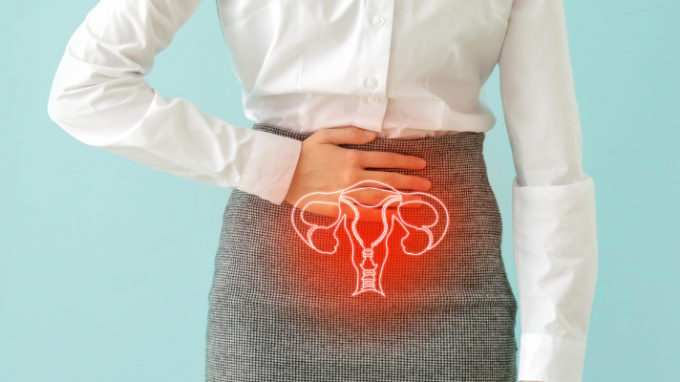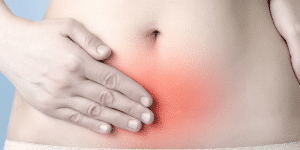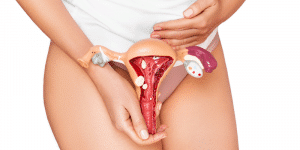Endometriosis is a chronic disease that affects the female reproductive system. It is an illness where endometrium, soft tissue that lines the inside of the uterus grows outside of it. The symptoms vary from person to person and depend on their severity. Some common symptoms are painful periods, pain during sex, pain during bowel movements or urination, heavy periods and infertility.
Treatment for the condition is not always straightforward and may include hormone therapy, surgery to remove endometrial tissue that has grown outside the uterus or medication to control pain. The condition can cause severe pain and infertility. The condition is often diagnosed when women are in their 20s or 30s, but endometrial tissue can grow in younger teens as well.
Early onset of menopause happens when a woman’s periods stop before age 40. Menopause is a natural process that happens to most women in their late 40s or 50s. There are many causes of the early onset of menopause, including genetic factors, medical conditions and medications.
Some studies have found that there may be a link between endometriosis and the early onset of menopause because they often occur at the same time in some women. It is difficult to say whether one condition causes the other or if different factors cause both conditions.
Hormone Replacement Therapy (HRT)
Endometriosis can be treated with hormone replacement therapy but only under certain circumstances. It is not common to use these treatments on women with early menopause, although they could be used on pregnant women with endometriosis.

“We discovered that women with endometriosis, particularly those who never used oral contraceptives or were nulliparous—that is, women who had never given birth—are at risk of having a shorter reproductive lifespan,” explains Dr. Kulkarni.
Prevent the Early Onset of Menopause
Women in their 30s and 40s are at a higher risk of developing endometrial cysts. These cysts can cause the early onset of menopause in women. Endometrial cysts are benign growths that form in the lining of the uterus. They are usually small and painless, but they may lead to complications like pelvic pain, infertility and the early onset of menopause. The risk of developing endometrial cysts increases as women reach their 30s and 40s.
The following are some of the ways to prevent the early onset of menopause caused by endometrial cysts:
- Regular exercise,
- Healthy diet,
- No smoking and no drinking,
- Stress management techniques
Inducing Early/Premature Menopause to Prevent Endometriosis
This condition occurs when endometrial deposits outside the uterine cavity are activated and bleed with each cycle. The symptoms may go away if you suppress your menstrual period. Menopause is induced by stopping ovarian cyclical activity and hence endometriotic cyclical stimulation.
The following may induce menopause:
- Bilateral Oophorectomy Surgery – Menopause will be permanently induced, whether or not a hysterectomy is performed. Surgically induced menopause frequently results in a more significant decrease in libido.
- Gonadotrophin – releases hormone agonists to lower estrogen and downregulate the pituitary gland to operate within the menopausal range. When these hormones work within this range, they induce amenorrhoea and trigger menopausal symptoms.
Endometriosis is a painful and debilitating disorder that affects women who are of reproductive age. To help reduce the symptoms and severity of the condition, women with the illness may be treated with lifestyle modifications, medicines or surgery. This article has provided information about the connection between endometriosis and early onset of menopause. Researchers and medical practitioners agree that there is a correlation between this condition and early onset of menopause among women below age of 40 years.




